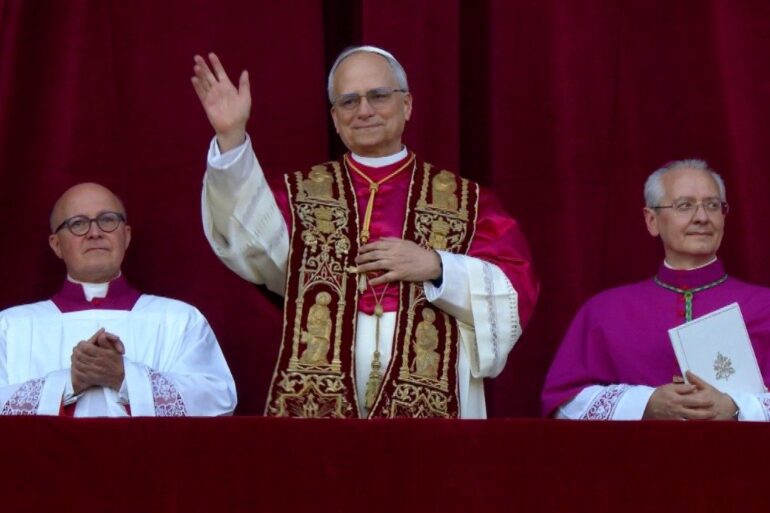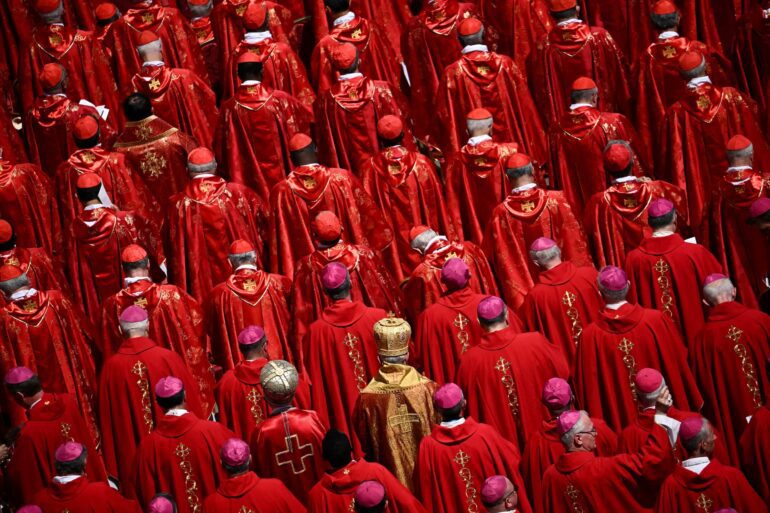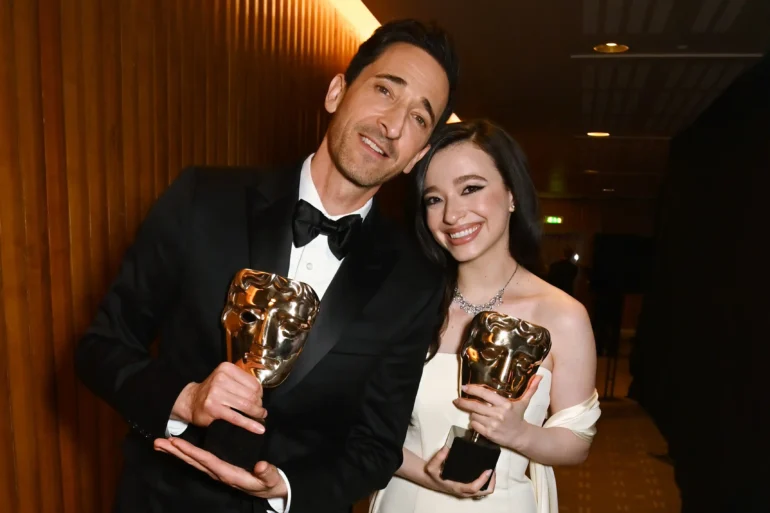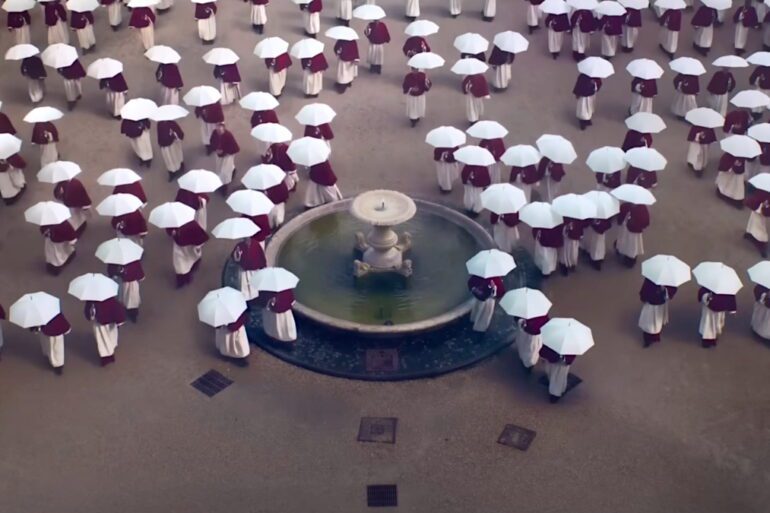Robert Harris’ bestselling novel is enjoyable but also surprisingly profound and provocative.
I’m your typical book-before-film snob. I can’t recall an instance when it was the other way around. That’s until I watched the 2024 film Conclave.
I didn’t know much about the film before watching it. I picked it up because: a) critics were raving about it; b) I gobble up everything that has to do with culture (the frustrated anthropologist in me is endlessly fascinated with rituals); and c) It stars Ralph Fiennes and Stanley Tucci, two of my most favorite actors.
I wrestled with the thought of reading the book first (same title, Robert Harris 2016) knowing it goes against my nature (and bookworm pride) to do otherwise. I caved in to watching the film first, eventually, because I can’t resist the pull of a Fiennes-Tucci headliner, with the added joy of Isabella Rossellini in a smaller but no less potent role.
Related story: REVIEW: ‘Conclave’ is sinfully good entertainment
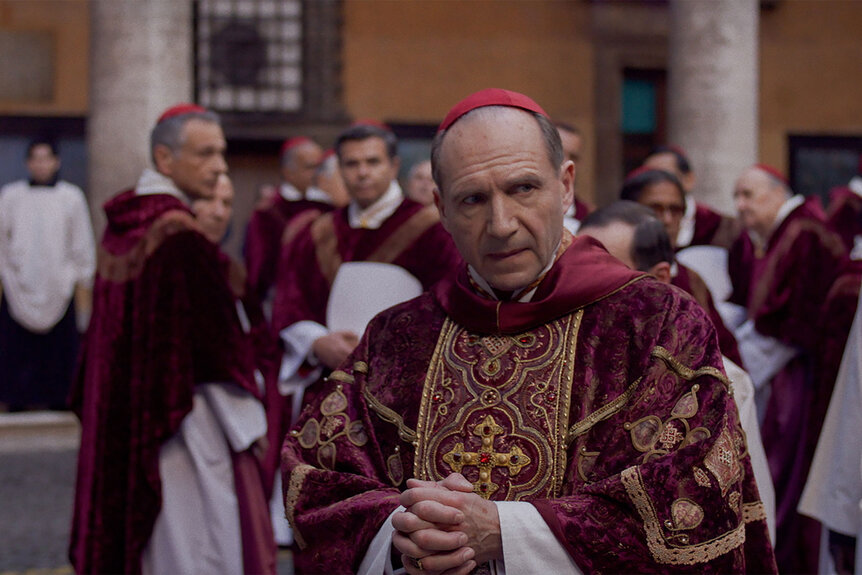

I loved the movie so much (know why in my review for The POST), but I’m pleased to report that I loved the book just as much. I’m also a books-are-better-than-film-adaptations snob, but in this rare instance, I have to say, both won me over.
And quite surprisingly Conclave the novel turned out to be quite the perfect read for the Holy Week. Here are some reasons why.
Related story: Movies that’ll inspire you to live a purposeful life this Holy Week and beyond
Related story: Vacation and veneration: A tale of two Holy Weeks
Unputdownable and intriguing
The book’s author Robert Harris is known for having several of his works adapted for the big screen. Among which are The Ghost Writer (2010), An Officer and a Spy (2019), for which he co-wrote the screenplays with director Roman Polanski, then Conclave, which had quite a successful run during the recent awards season. A very quick note to the uninitiated: a ‘conclave,’ in the context of the Catholic Church, is “a meeting of Roman Catholic cardinals secluded continuously while choosing a pope.”
I’ve never read a Robert Harris novel before Conclave, and after finishing the book, I’m certain it won’t be my last from the British writer. The story is gripping, with each chapter becoming more and more intriguing. I found myself briskly turning the pages, telling myself just one more chapter but ending up finishing the entire 415 pages in a little over 24 hours—and on a Kindle, which I’m not very fond of using.
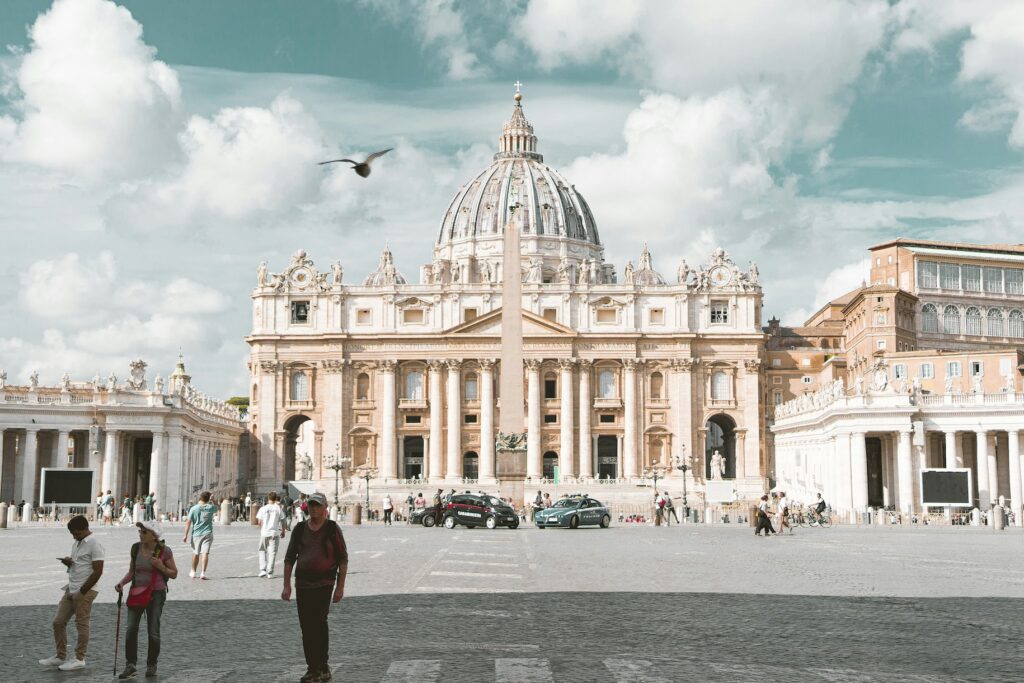
Harris’ prose is clean and unpretentious, perhaps owing to his long career as a journalist, most notably with the BBC. Yet his wit and humor shine through his characters, with lines that made me chuckle out loud. This is perhaps why I don’t regret watching the film first: I can hear Fiennes’ Cardinal Thomas Lawrence (Cardinal Jacopo Lomeli, an Italian, in the novel) and Tucci’s Cardinal Aldo Bellini in my head while reading the book, making reading it infinitely more enjoyable.
The author’s background in reportage also shows in how well researched the book is. From the vivid descriptions of Vatican City, down to the arcane rules of the conclave and the historical tidbits scattered throughout the text (which I fact-checked, especially the macabre ones like Pope XII, whose body “exploded” during public viewing!). Conclave can very well be a trusty Vatican travel guide as it can also be a quick resource on the basics of what is possibly the most fascinating electoral procedure in the world—one of the oldest, too!
Related story: Things to do to reflect and reset this Holy Week
Related story: Visita Iglesia: 7 of the most beautiful churches in Metro Manila
Thought-provoking and insightful
I’m Catholic, though a lapsed one, I’m afraid. My persistent doubts about the faith I grew up in didn’t take away from my appreciation of the novel. In fact, Conclave made me do something I haven’t done in quite a while: reflect.
It made me think about the issues facing not only the Catholic Church but most, if not all, of the major religions in these turbulent times. For instance, allow me to borrow the character Cardinal Goffredo Tedesco’s words (I find him despicable, though): “We do not need a Church that will move with the world but a Church that will move the world.” For it to remain relevant, should the Church go with the flow, or should it guide the flow? Should it hold fast to traditions or should it be more malleable?
With the proliferation of cults masquerading as religions, both here and abroad, Conclave also makes me ask the same question as the main protagonist Cardinal Lomeli: Do believers still worship the god they believe in or have they fallen into the trap of worshipping the church/institution instead?
I like how Harris didn’t shy away from nor gloss over these issues, among others, including the Catholic Church’s sex abuse scandals and even gender reassignment. He doesn’t prescribe answers nor does he push a certain agenda or belief. He lets his readers ponder on these questions, these “uncertainties,” themselves—reminding us, through the homily of Cardinal Lawrence of the pitfalls of the “sin of certainty.”
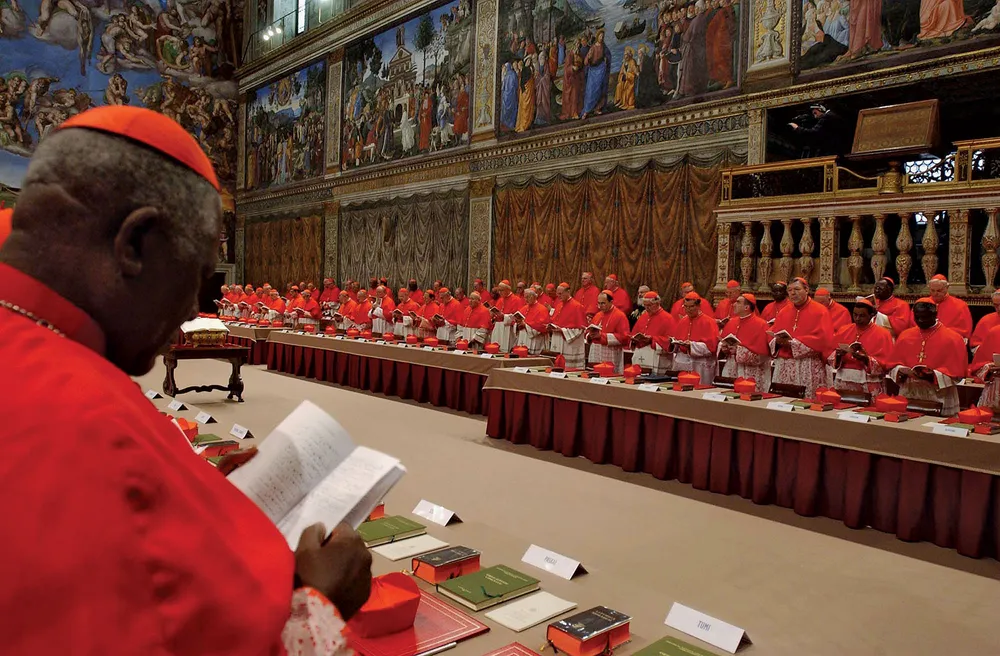

Let me quote a few lines from the novel, which was also used verbatim in the film (and so memorably delivered by Fiennes): “…Let me tell you that the one sin I have come to fear more than any other is certainty. Certainty is the great enemy of unity. Certainty is the deadly enemy of tolerance. Even Christ was not certain at the end. ‘Eli Eli, lama sabachtani?‘ He cried out in His agony at the ninth hour on the cross. ‘My God, my God, why have you forsaken me?’ Our faith is a living thing precisely because it walks hand in hand with doubt. If there was only certainty, and if there was no doubt, there would be no mystery, and therefore no need for faith.”
Perhaps my being a doubting Thomas is not that horrible a thing. After all, what is the use of faith if all things are certain?
This is not to say that the novel is perfect. It’s not. But my qualms are mostly about the film’s casting, which comes in hindsight after reading the novel. The biggest being the deviation from one of the novel’s main characters, Cardinal Vincent Benitez, who’s Filipino. I wish they didn’t change it to a Mexican cardinal in the movie. I could think of amazing Filipino actors who could have taken on the role with ease, Joel Torre being one of them. Thankfully, the actor who played Cardinal Benitez, Carlos Diehz, did a fantastic job. Oh well. At least the movie gifted us with Ralph Fiennes and Stanley Tucci—who both managed to look good in their choir clothes—and the other wonderful actors in the formidable cast.
Still, I highly recommend reading Conclave. It doesn’t matter if you’re Catholic or not, a firm believer or someone like me whose faith is constantly challenged. It’s one enjoyable read that has depth, heart, and quite a generous dose of humor.
And on this holiest of weeks, allow me to leave you with one of my favorite lines from Conclave, both from the book and the movie, a reminder that, indeed to err is human, but we can always strive to serve a higher purpose: “We are mortal men; we serve an ideal. We cannot always be ideal.” May we all find an ideal to serve, a calling as many others call it—one that gives our life meaning and make it worth living.
Related story: The Great Easter Exodus 2025: What domestic, international travelers need to know



